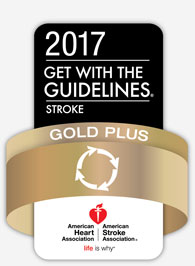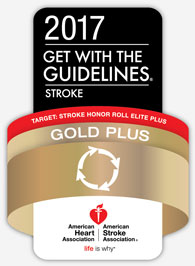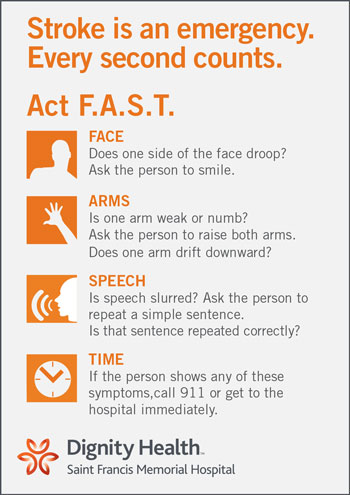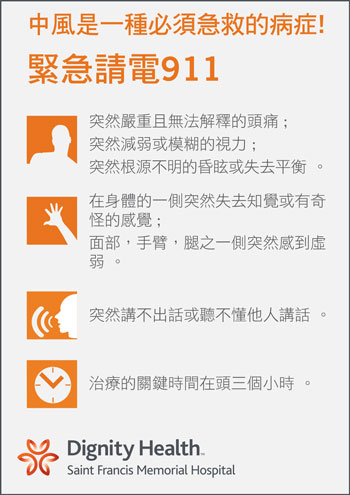Dignity Health and UCSF Health Reach Definitive Agreement
-
- Schedule an appointment
-
My account My Portal login
Looking for your health records?
You can access your records and more by logging in or signing up with Dignity Health.
- View all services
- Acute rehabilitation
- Bothin Burn Center
- Cancer care
- Center for Advanced Gynecology and Minimally Invasive Surgery
- Center for Pain Management
- ER and urgent care
- The Gender Institute
- Occupational Health
- Orthopedic and Sports Medicine Institute
- Outpatient Rehab and Therapy Services
- Stroke Care






